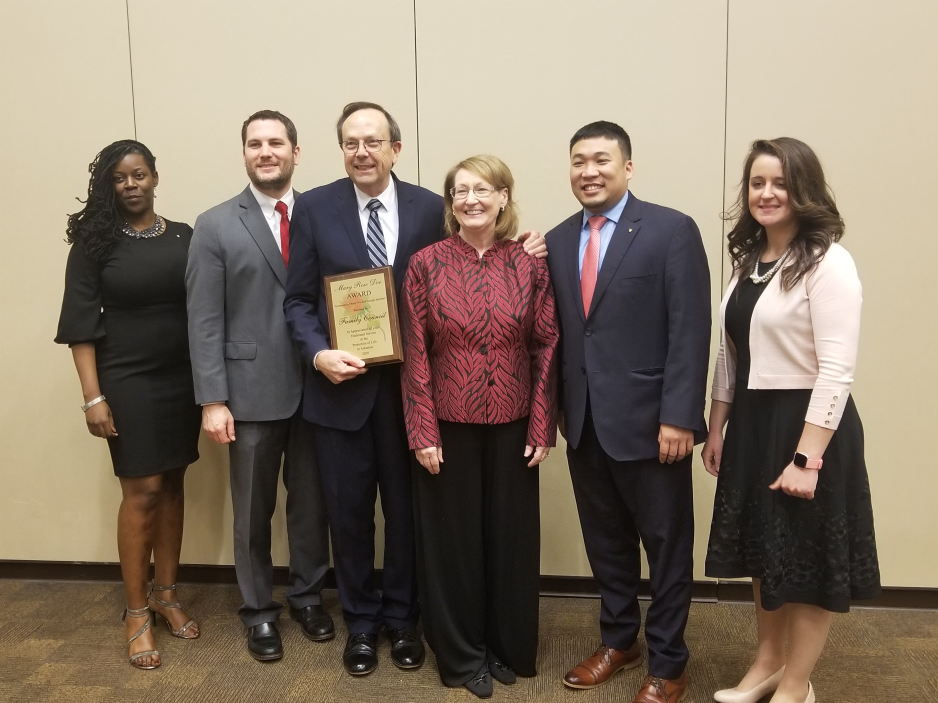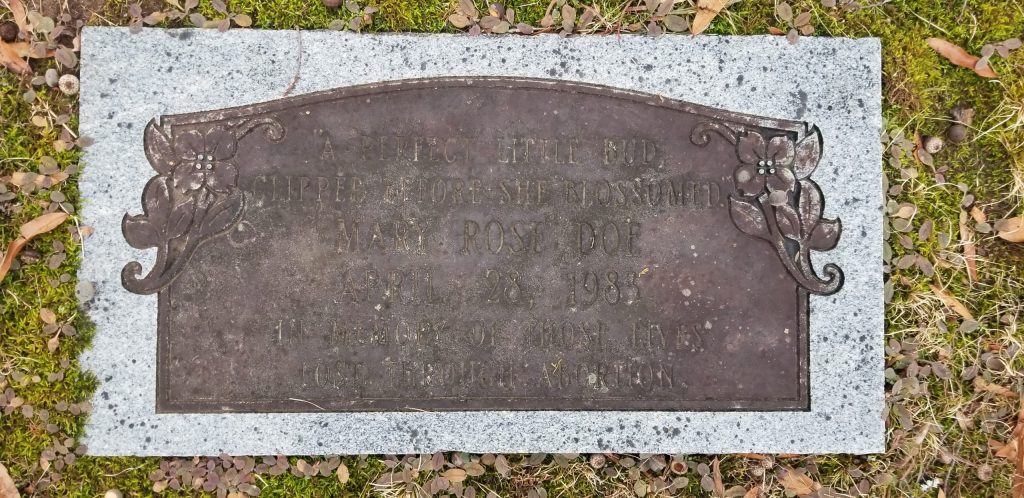Video: A Few Facts About Abortion in Arkansas
Here are a few facts about abortion in Arkansas.
Here are a few facts about abortion in Arkansas.

On Monday evening, Family Council staff members attended the Bow Ties for Babies event sponsored by our friends at Arkansas Right to Life.
Pro-life leaders, volunteers, and elected officials came from all over Arkansas to attend the event.
Former Arkansas Governor Mike Huckabee gave an excellent keynote address discussing the history of the pro-life movement in Arkansas — and how difficult it used to be to pass pro-life laws.
Arkansas Right to Life President Andy Mayberry honored Family Council with the Mary Rose Doe Award in recognition of 30 years of pro-life work in the state.
Receiving the award is a tremendous honor.
Over the years, the Mary Rose Doe Award has been given to pro-life leaders who have done some amazing work in Arkansas — including Governor Huckabee, Governor Hutchinson, the late Dr. Fay Boozman, and Attorney General Leslie Rutledge, just to name a few.
But many Arkansans today don’t know who Mary Rose Doe was — and why Arkansas Right to Life named a pro-life award after her.
Mary Rose Doe was an unborn baby who was found dead in drainage ditch in Little Rock on April 28, 1983.
At approximately 28 weeks gestation, she weighed 5 pounds with brown eyes and auburn hair.
Authorities determined Mary had been aborted and then subsequently abandoned in the drainage ditch.
Some have speculated that she may have been the victim of a botched abortion — and that she might even have survived for some time after the abortion.
After performing an autopsy, the medical examiner at the State Crime Lab called Mary “a perfect little bud that was clipped before she could blossom.”
The North Pulaski Right to Life chapter of Arkansas Right to Life gave Mary Rose Doe her name and arranged for her have a Christian burial.

The Catholic Diocese in Little Rock provided a grave plot for Mary at Calvary Cemetery, and North Little Rock Funeral Home donated the casket. As many as 200 people attended her burial.
Mary Rose Doe’s death highlighted the grisly nature of abortion and helped galvanize pro-lifers in Arkansas.
Today a monument at Calvary Cemetery in Little Rock marks the spot where Mary is buried and serves as a memorial to all the children killed in abortion.
The Mary Rose Doe Award commemorates Mary’s brief existence that touched so many lives in Arkansas.
A coalition of Attorneys General from out-of-state have filed an amicus brief asking the Eighth Circuit Court of Appeals to block two good, pro-life laws in Arkansas.
Watch this video to learn more.